General information about ADHD
In these sections the user will be able to access information about ADHD, its repercussions, the available medications and the adverse effects they produce. We hope that this information will be useful in deciding on ADHD treatment preferences.
Fainting
Some medications used to treat ADHD cause fainting, which is a sudden and momentary loss of consciousness and muscle strength that gets better spontaneously. Medications that cause this adverse side effect do so rarely. It is an adverse side effect that can be serious and remits when the patient stops taking the treatment.
How is ADHD treatment related to fainting?
Some medications used to treat ADHD cause fainting. Fainting is a sudden, momentary loss of consciousness and muscle strength that gets better spontaneously. Fainting due to taking medication to treat ADHD is usually caused by a significant drop in blood pressure, preceded by the patient feeling dizzy. People who have low blood pressure or heart rate have a higher chance of fainting. Fainting can be serious if it occurs while a person is driving or performing dangerous activities. If fainting is caused by medication, it usually remits when the treatment is withdrawn.
Fainting affects less than 1 in 100 patients. It is unclear how much more frequent fainting is among people being treated for ADHD compared to those who are not.
Do you need to make a clinical decision?
EVIMATIC® is the first digital health tool that generates decentralized, automated, personalized, participatory and explanatory treatment recommendations that are presented in the format of clinical practice guidelines.
Do you need to make a clinical decision?
EVIMATIC® is the first digital health tool that generates decentralized, automated, personalized, participatory and explanatory treatment recommendations that are presented in the format of clinical practice guidelines.













